Introduction of Supreme Court’s Inquiry
In a recent judicial development that has sparked widespread interest and debate, the Supreme Court of India has initiated an inquiry into a series of petitions seeking a stay on the implementation of certain rules associated with the Citizenship Amendment Act (CAA). This move comes amidst a backdrop of considerable contention surrounding the CAA and its implications for the Indian populace. Let’s delve into the intricacies of this legal saga and examine the key points raised during the court proceedings.
Background: Citizenship Amendment Act (CAA) and its Ramifications
The Citizenship Amendment Act, enacted by the Indian Parliament in 2019, seeks to provide expedited citizenship to persecuted religious minorities from neighboring countries such as Bangladesh, Pakistan, and Afghanistan. Specifically, the CAA aims to grant Indian citizenship to Hindus, Sikhs, Jains, Buddhists, Parsis, and Christians who migrated to India before December 31, 2014, due to religious persecution.
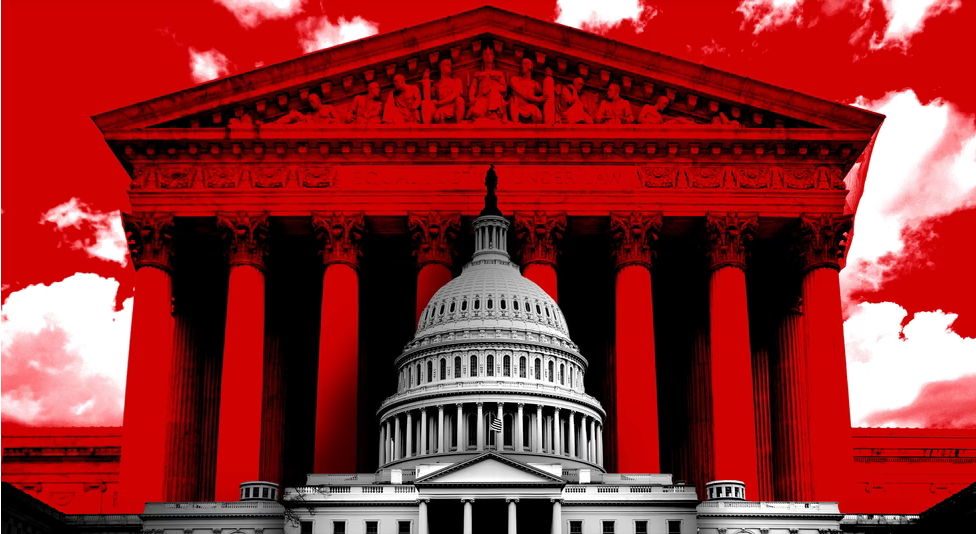
The Petitions and Solicitor General’s Response
The Supreme Court’s attention was drawn to a cluster of petitions urging for a halt in the enforcement of certain provisions of the CAA. These petitions argue for a stay on the CAA rules until the apex court resolves the broader constitutional challenges posed by the legislation. During the hearing, Solicitor General Tushar Mehta, representing the government, requested additional time to formulate a comprehensive response to the 20 petitions lodged before the court.
Key Arguments and Counterarguments
Government’s Standpoint
Solicitor General Tushar Mehta reiterated the government’s stance that the Citizenship Amendment Act does not entail the revocation of citizenship for any individual. He emphasized that the CAA is primarily aimed at providing a path to citizenship for persecuted minorities from neighboring countries, without infringing upon the rights of existing Indian citizens. Additionally, Mehta underscored the government’s commitment to addressing concerns regarding the legislation and ensuring that the rights of all citizens are safeguarded.
Opposition’s Critique
Opposition parties and various critics have vehemently opposed the CAA, labeling it as discriminatory, communal, and contrary to the principles enshrined in the Indian Constitution. They argue that the selective inclusion of religious groups in the CAA undermines the secular fabric of the nation and perpetuates religious polarization. Furthermore, concerns have been raised regarding the potential exclusion of Muslim minorities from the ambit of the legislation, thereby exacerbating sectarian tensions.
Implications and Future Proceedings
As the Supreme Court sets April 9 as the next date for hearing the petitions, the outcome of this legal deliberation holds significant implications for the future trajectory of the CAA. The court’s decision will not only determine the immediate fate of the challenged provisions but also shape the broader discourse surrounding citizenship and religious identity in India.
Conclusion
The Supreme Court’s decision to scrutinize the pleas seeking a stay on the Citizenship Amendment Act rules underscores the pivotal role of the judiciary in upholding constitutional values and ensuring the protection of citizens’ rights. As the legal battle unfolds, it remains imperative for all stakeholders to engage in constructive dialogue and uphold the principles of justice, equality, and inclusivity.



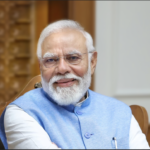

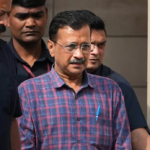
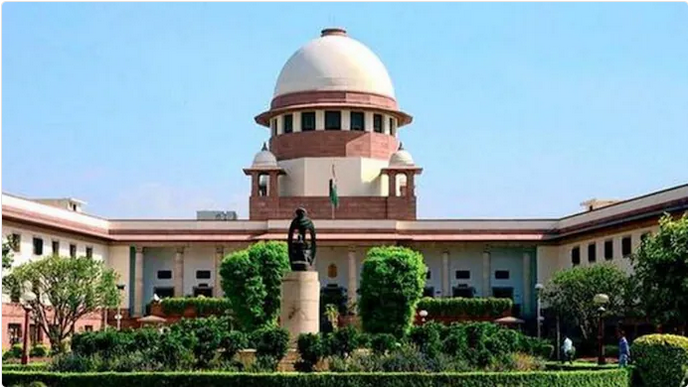

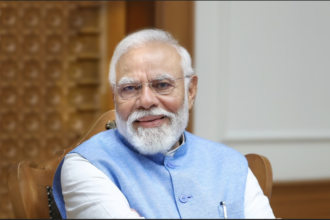
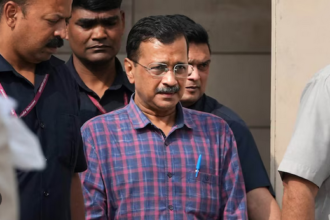
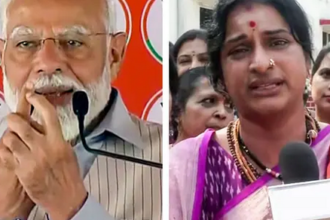
Hi
I’ve been doing some research for a client. While browsing through your website, I experienced an issue accessing bidartimes.com.
I understand it can be challenging to maintain every aspect of a website.
For my own needs, I regularly turn to tools like https://websitecheckhealth.com to ensure I’m getting the most out of my health-related websites. It offers a comprehensive report at no cost.
If you need any assistance in this area, feel free to reach out.
Warm regards, Dora
Hi
I was doing some research for my client. As I was browsing through your website, I ran into an issue accessing bidartimes.com.
I know it can be difficult to keep track of every aspect of a website.
For my own needs, I often turn to tools like https://websitecheckhealth.com to check I’m getting the most out of my health-related websites. It offers a comprehensive report at no cost.
If you need any assistance in this area, feel free to reach out.
Warm regards, Dora
Hello,
for your website do be displayed in searches your domain needs to be indexed in the Google Search Index.
To add your domain to Google Search Index now, please visit
https://www.domainsubmit1.pro